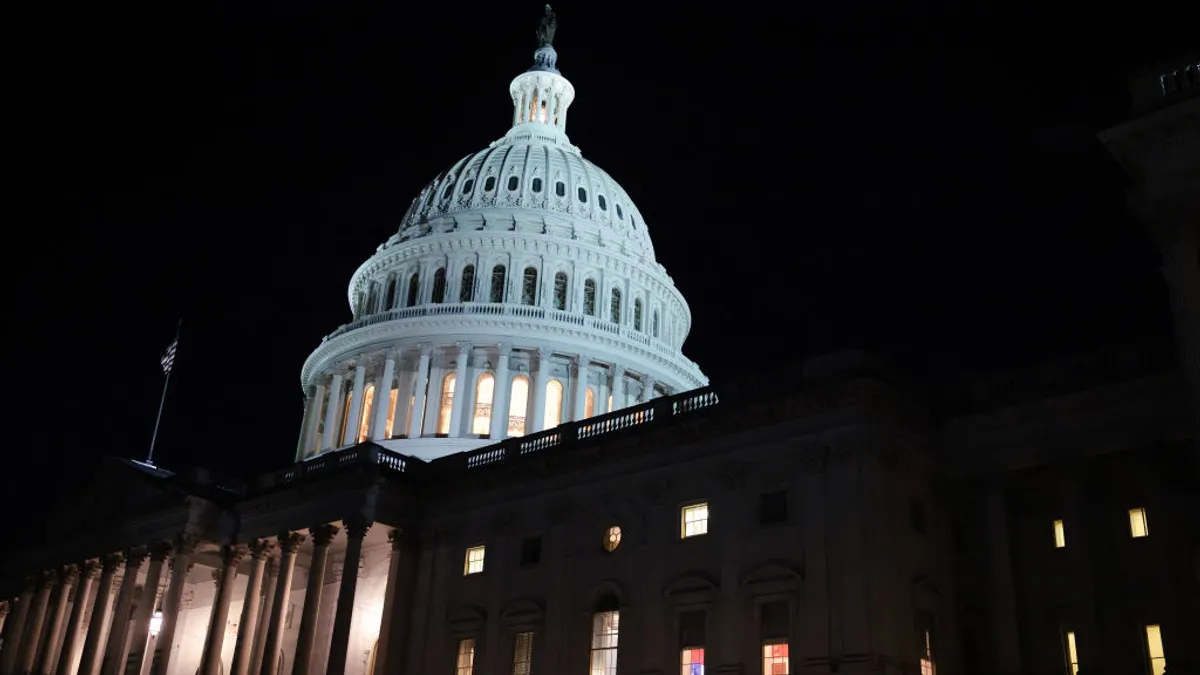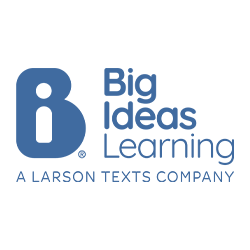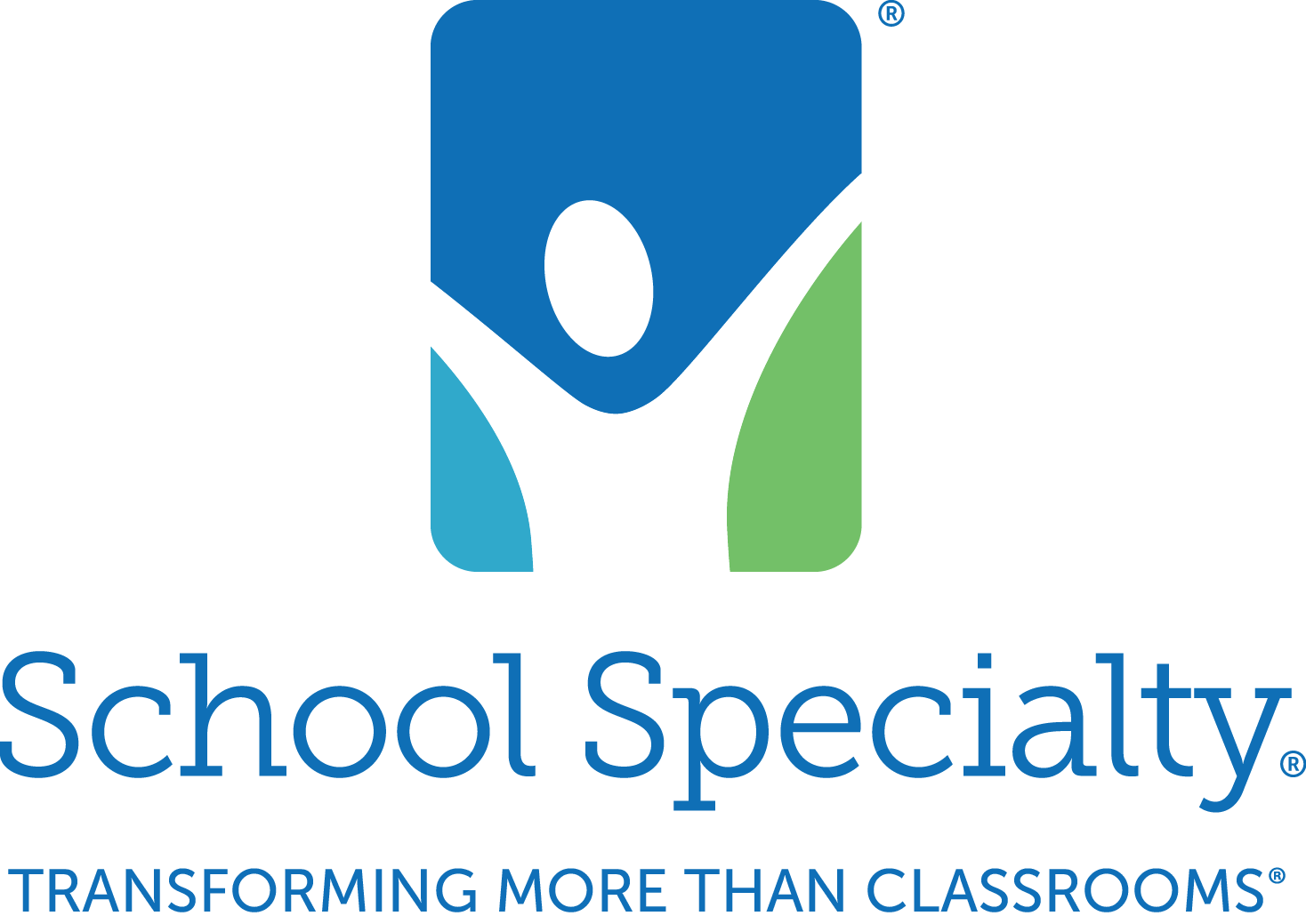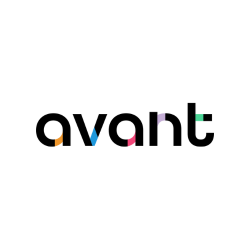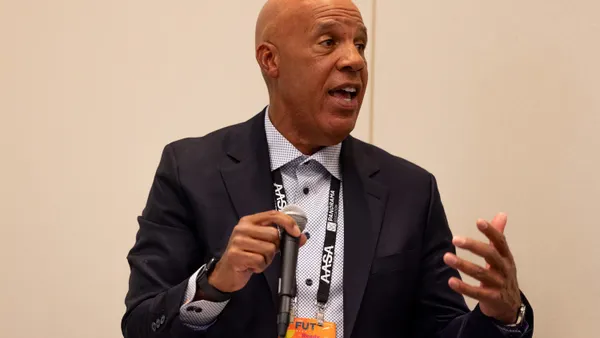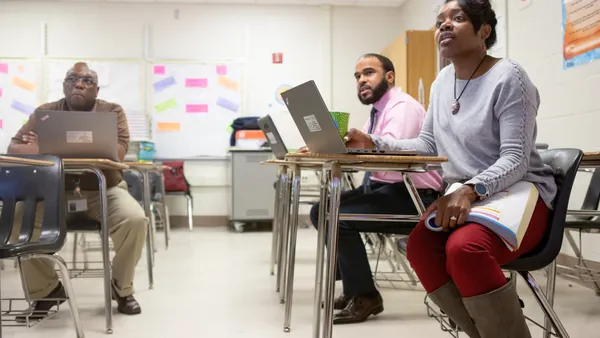Most clicked story of the week:
The U.S. Department of Education is being urged to abandon its proposal to eliminate a federal special education data collection requirement, under public comments that advocates sent on the possible elimination of a federal data collection within states’ annual applications for Part B grants under the Individuals with Disabilities Education Act. The data collection requires states to provide rationale and supporting data if they want to alter the metrics they use for how they identify districts and schools with racial disparities in student special education identifications, placements and discipline. The agency said it wants to reduce paperwork burdens by eliminating this part of the data submission from states.
Policy snapshot
- Teacher preparation experts fear ongoing special education teacher shortages will worsen as the Trump administration continues to downsize the Education Department. Along with mass layoffs at the federal agency, proposals to consolidate federal grants for training special educators are fueling concerns that critical staffing issues will be exacerbated.
- School choice advocates and public school supporters are awaiting details on the nation’s first federally funded tax credit scholarship. The nationwide private school choice program — approved with President Donald Trump’s signing of the “One Big, Beautiful Bill” on July 4 — could accelerate private school choice participation while funneling taxpayer dollars to private schools. The U.S. Treasury Department is expected to issue proposed rules on how the program will operate, but it’s unclear where that work stands or if it was delayed by the recently ended government shutdown.
Curriculum in the spotlight
- When should students begin receiving instruction in artificial intelligence literacy? Experts say the subject can’t wait for middle school. “Digital literacy elements and teaching should start at the same time students are on any digital platforms,” which could be kindergarten or higher elementary grades, said Carmalita Seitz, managing director of online learning and digital innovation at ISTE+ASCD. “There’s many ways for educators to support younger students. … It can be something as simple as saying, ‘Not everything we see online is real.’”
- Academic research and best practices show that when infused in age-appropriate ways, executive functioning can be taught as early as preschool and kindergarten — and, if they aren’t, students will have to play catch-up later. In the early grades, creating in-classroom jobs for students is often the key element in this. These jobs can look like passing out papers, carrying the lunch basket, leading the line, sharpening pencils, caring for plants or delivering items to the school office.


